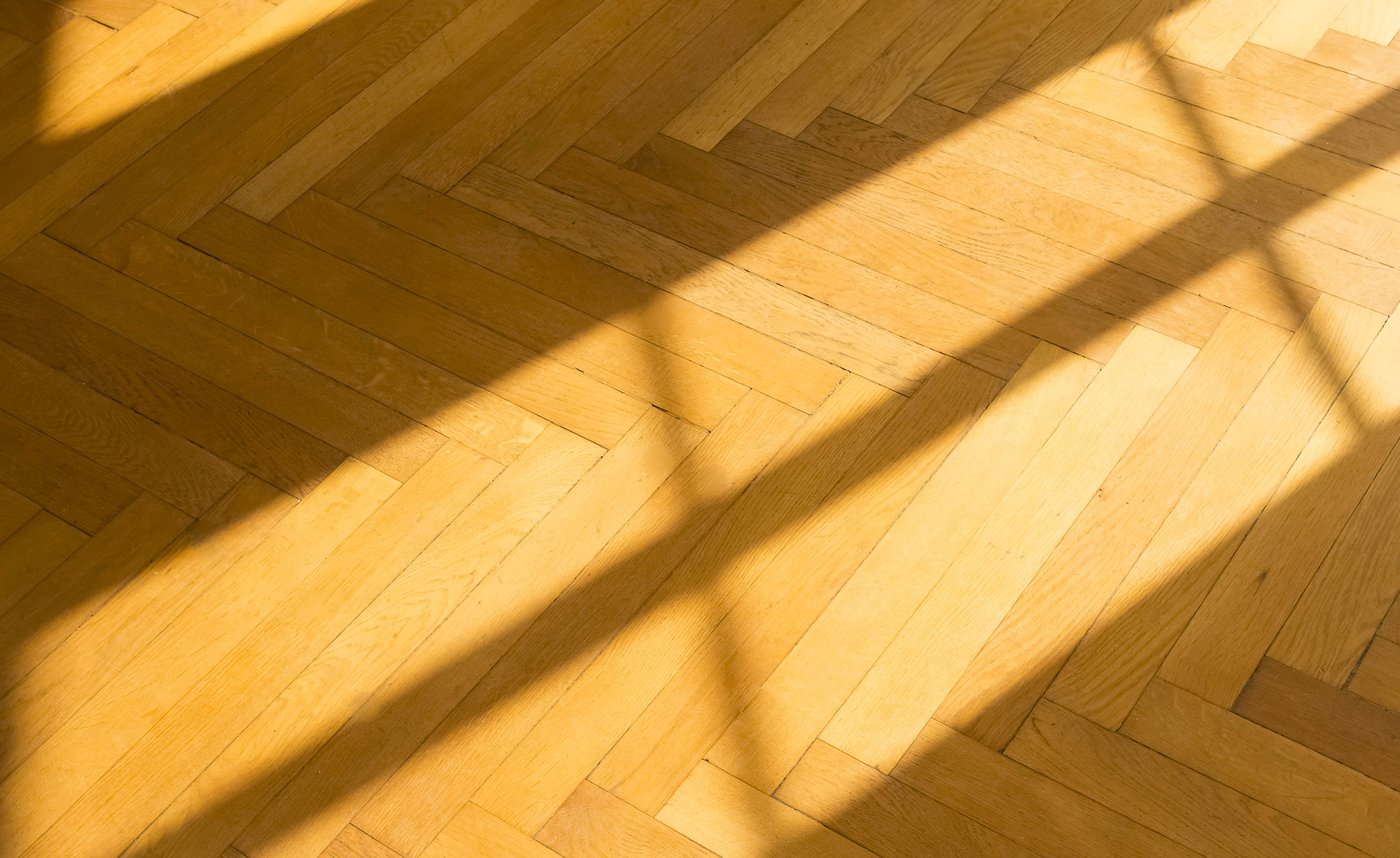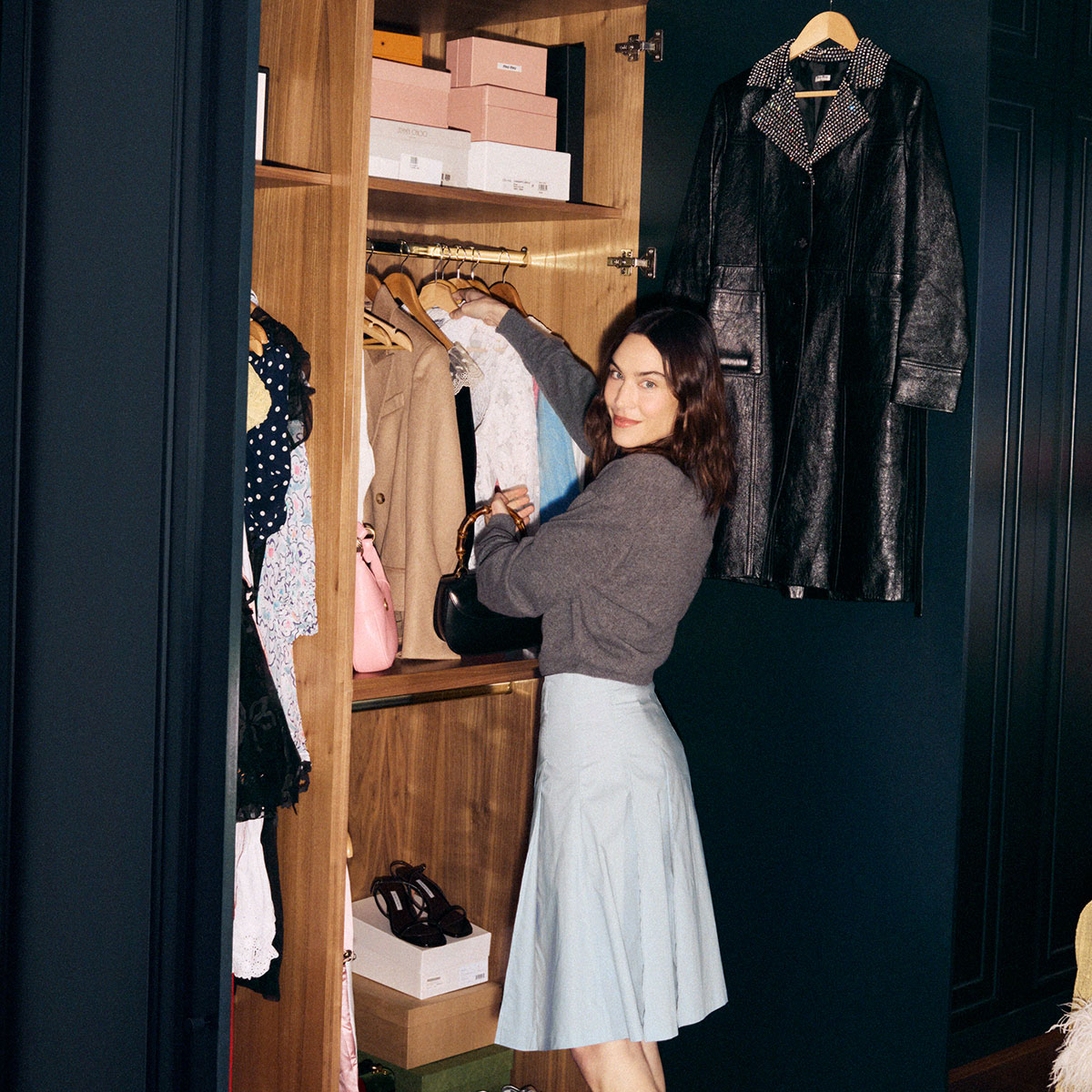How domestic violence and homelessness are intertwined for women
'Psychologically, it destroyed me.'


'Psychologically, it destroyed me.'
Words by Kate Moss
Rough sleeping is on the rise, and yet for women, homelessness continues to be seen sadly through a male lens. It is homeless men we usually see on the streets, rarely women. But just because we don’t often see women down and out, this doesn’t mean that homelessness simply doesn’t exist for them – far from it, homelessness is an issue that affects women too. Professor Kate Moss of the University of Wolverhampton is an expert of the experiences of female rough sleepers and takes a closer look at homelessness as a hidden female crisis.
Ten years ago my colleague, Paramjit Singh and I began researching the problem of women’s homelessness. Since that time we have spoken to hundreds of women rough sleepers across Europe. It has taught us a lot, not least that female rough sleeping can happen to anyone – professional women, mothers, students and women in violent relationships. There really are no stereotypes. It could easily be you, or may already be affecting someone in your network.
Indeed, female homelessness may actually turn out to be much closer to home than you imagine. If this is so, then the paths into female homelessness are probably all too close to us too. In the UK the majority of women we interviewed told us that it was domestic abuse that had led to them becoming homeless. Violence within relationships is still common, and women from all walks of life are affected, irrespective of class, race, or income.
Domestic violence knows no social boundaries, many women still don’t even define themselves as abused - such is the normalisation of psychological or emotional abuse or bullying. Ask yourself honestly if you have ever experienced the slightest behaviour like this – the answer is all too frequently yes. But perhaps the difference for some of us is that we have friends, family, normal social networks we can turn to. For those women who don’t, it’s often a straight path to the streets.
It’s tricky to imagine what it’s like to be a female rough sleeper. I can only tell you what other women have told me, for example:
Marie Claire Newsletter
Celebrity news, beauty, fashion advice, and fascinating features, delivered straight to your inbox!
'I needed to get out of the house because of sexual abuse by my father. He sexually abused all his daughters including me. I think my mother knew but did nothing about it.'
'My husband threw me out; he was a drunk. I slept in a cupboard behind the local freezer shop. Psychologically it destroyed me.'
'Overall my health is pretty bad. I have bad teeth, kidney stones and I suffer from anxiety but I’ve no access to treatment for this or to a counsellor either.'
'Even now I still suffer from depression because of the sleeping rough and the sexual abuse and stuff….I self-harm and have done drugs…so I’ve damaged myself really.'
'I live in a shelter. The worst thing about it is that there is so much alcohol and drug use in the place and fights break out. I’m not popular because I don’t drink or do drugs. I tiptoe around to avoid being noticed...it’s a tough environment to live in.’
What links these women? It’s the invisibility of their experience. Homeless women won’t appear in the places where counts are done; neither do they routinely engage with street outreach services – so aren’t included in any of the formal statistics that claim to show the scale of the homelessness problem. More often than not the homeless woman’s solution is to sofa-surf or to go home with men to get a bed for the night in return for sexual favours – irrespective of the potential danger. Otherwise, nights will typically be spent in places like derelict buildings, private gardens, bus shelters, travelling on buses, under bridges, in woods and shopping malls. Inappropriate relationships will be formed in these places – for safety and company, but also out of sheer vulnerability - emotional, mental and physical.
Sure, homeless services do exist. But they aren’t designed for her. These are built for men, so don’t get used as they should. There simply are not enough specific women’s refuges and hostels, and also there is a huge shortage in female key workers – necessary as some women just won’t talk to a man, because of their experiences of domestic abuse. Other women choose plainly not to go into hostels because they are mixed, or even because they are asked to prove that they have been abused. How on earth are you supposed to do that?
The triviality of this furthers the unfortunately widespread view that women’s homelessness is not a particularly serious problem. I have to disagree with this, and urge other women to do likewise. Raising the profile of this hard-to-reach and little-understood group of women is the first step and absolutely needs to continue, if the lives of vulnerable women – some of whom may well already be in our networks – are to be changed for the better. After all, while female homelessness may be out of sight, it certainly needn’t be out of mind. Policy-makers ought to take note, and begin considering homelessness as both a male and female issue in equal regard.
-
 Ties are the unexpected cool-girl accessory to invest in this season
Ties are the unexpected cool-girl accessory to invest in this seasonSchool is in session
By Sofia Piza
-
 This is not a drill: you can now shop Alexa Chung's actual wardrobe on Vinted
This is not a drill: you can now shop Alexa Chung's actual wardrobe on VintedOwn a piece of sartorial history
By Penny Goldstone
-
 New Look’s spring collection has dropped—as a picky fashion editor, I’m seriously impressed
New Look’s spring collection has dropped—as a picky fashion editor, I’m seriously impressedSpring trends at affordable prices
By Jazzria Harris